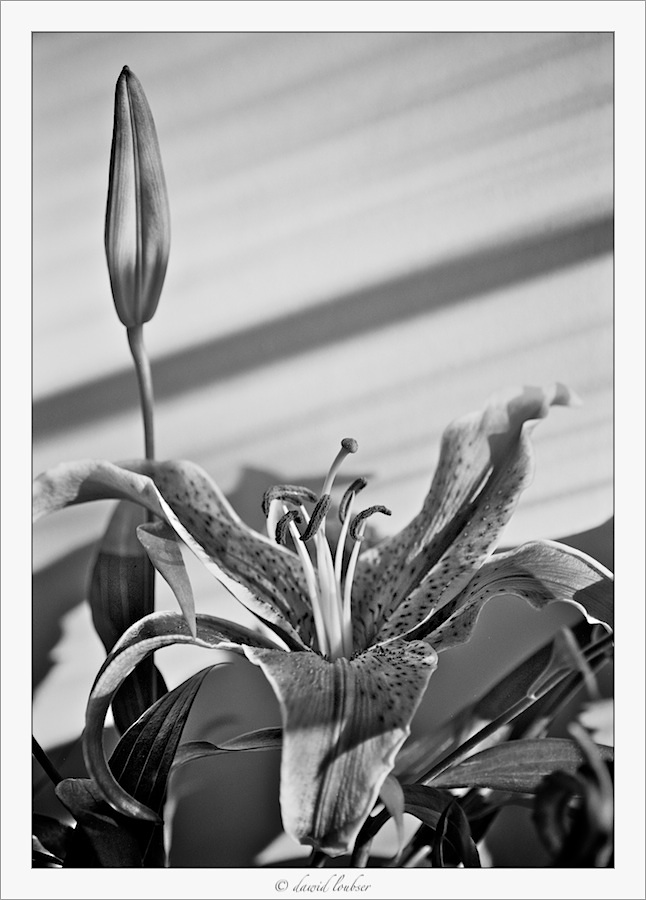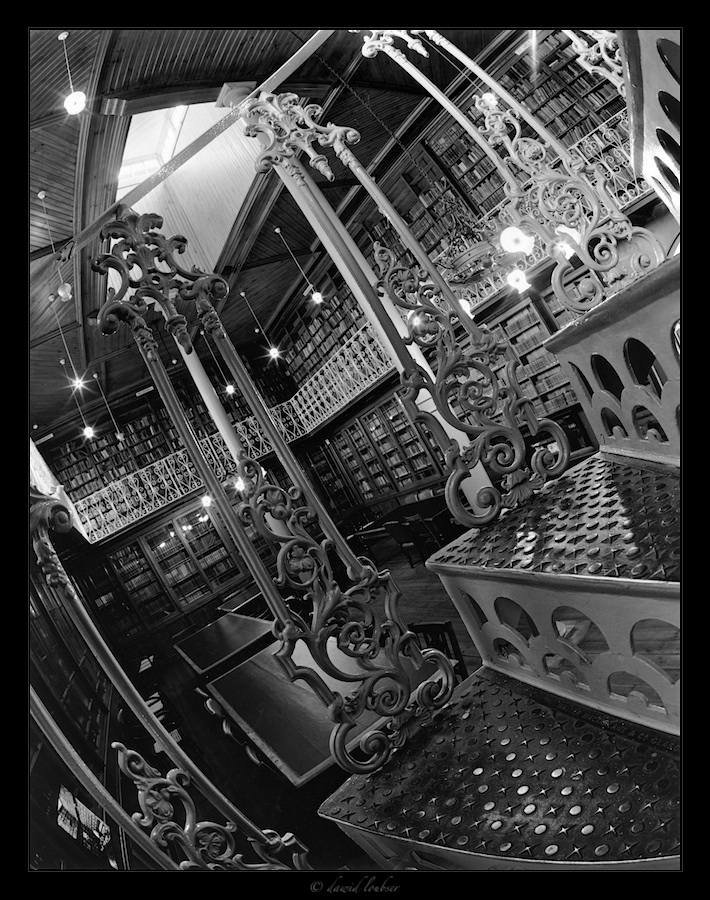Sejanus.Aelianus
Veteran
No one opinion is "more correct" than the opinion of someone else.
I don't suppose the forum moderator would care to post that comment in the time bar for each and every post? 😉
No one opinion is "more correct" than the opinion of someone else.
Well let's leave aside my "personal sensitivity" about the subject, which is really just the usual internet stratagem for side-stepping the issue. I'd be more interested on your comments about the Chumps and Clumps blog article that I linked to earlier in the thread. Seems to me that the differences are more than just "digital isn't film!"
These discussions really do remind me of people who argue that there's absolutely no difference between Thunderbird wine and a really good Burgundy. They personally can't tell the difference, so anyone else who sees it must be bluffing or a fraud.
There is an excellent photographer in our forum: OurManInTangier with his pictures shot on film as well as with digital.
When I look at them I can't help of thinking "if I were him, I would be shooting only film".
I was with you up until this point. However, you seem to be saying that real cyanotypes is a much better and noble process than digital. I've done cyanotypes and they weren't that hard to do. You just paint the emulsion on a piece of paper (after mixing the chemicals required) and then use it. It's not that hard of a process.
While I'm not into "faking" things via software, I have no issue with people who do, nor do I think someone is less relavent because they use software instead of a chemical process.
What produces the satisfaction? the anticipation after doing all the steps, imperfectly. This is what you don't get when you continuously tweaking an image in front of the computer.
As part of Magnum's "Postcards from America" project, a group of photographers spent a week in Rochester, NY. For the Kinderdigi, Rochester is where Kodak set up shop - Kodak made / makes film for cameras.
....
http://postcardsfromamerica.tumblr.com/page/1
Also, I didn't see any alteration (digital processing files for a "film" look) of the digital B+W, and the photos weren't posted to Flickr..
The only thing about digital that really pisses me of is the misuse of accepted terminology. A digital cyanotype, pigment print, platinum print does not exist. it's a different medium than an inkjet print/ digital photo not better just different and it's about high times that the folks misusing this terms accept it.
Jsrockit is right when he says "image is what matters and if that image looks how I want it"
Dominik
“You have your way. I have my way. As for the right way, the correct way, and the only way, it does not exist.”
i'm not side stepping anything...i am not a scientist or a debate master...i know that i like digital...i also used to like film, especially when it was the only game in town...i have not yet read the blog so i have no comment on that at this time. i am also not in an argument about which might be better, film or digital. i have prints from both hanging on my walls...as i said before, after 30 plus years in the darkroom, i now favour using a computer and a digital file.
i started this thread to get an idea of where folks are at on the issue...as i said before, there is a thread here that has some (to me) awesome images and i was having difficulty trying to understand what folks had against digital black and white.
simple, really.
I've underlined the relevant part there is a clear destinction between the classic pigment print and the digital pigment print.
William Eggleston Digital Pigment Prints Fetch $5.9 Million at Auction
And why I personaly wouldn't call it pigment print is very simple the name is already in use for the carbon print which is nearly 100 years older is difficult to master and the use of the name for a different process can and does confuse people. And I also fear that the original process might be forgotten.
I don't have anything against Archival Inkjet prints, another name for the digital pigment print and one that is closer to the truth.
In case of the pigment print it's also more of a personal opinion in case of other processes like Platinum or cyanotype it is not
Dominik
if you dont like digital bw, than its a matter of taste. But if you hate digital bw, you simply have no clue about post processing...
I honestly prefer the computer these days though because it allows me to make the photos I want in the manner I want. I guess I'm in the minority.
In your wine analogy, I'm taking it to mean that Thunderbird equals digital and a really good burgundy is film? I'm not so sure the differences between digital and film are that clear cut in quality in 2012. Again, they are just different mediums that each has their own strengths and weaknesses. Plus, taste is always a tricky topic.


There are those that know the difference, and there are those that do not. To each their own.
I've spent most of my adult life working with digital media (and made a pretty good success of it so far) and one thing this experience has given me is a deep understanding, and enormous humility, of what even the very best digital manipulators can do when post-processing a sensor-captured image.
I don't hate digital b&w by any means, but it doesn't and cannot ever truly emulate the way that film captures light. That first stage is always 'wrong', and no amount of pixel-shifting can change that inalterable fact. You may think that your photoshop skills overcome these laws of physics - but they don't.
Incidentally, I don't dispute that digital images viewed on a screen can look like film, just as film images viewed the same way can often be mistaken for digital - but if you shoot exactly the same scene side-by-side on film and digital at exactly the same time and conditions - especially exposing a scene with bright highlights and luscious bokeh - then you will see that there are differences that each cannot emulate in the other medium.
To clarify some points made by others: my years of digital manipulation have given me much greater respect for film photographers: it's precisely because I know how much can be altered in post-processing that I lose interest in a photograph if I find it's a digital image that's been 'artificially' manipulated to imitate another form of the medium. Anyone who thinks that moving sliders in Photoshop and layering scanned scratches and bubbles is analogous to the craft of collodion printing is just deluding themselves.
Make images in the medium of your choice - and be true to it.
